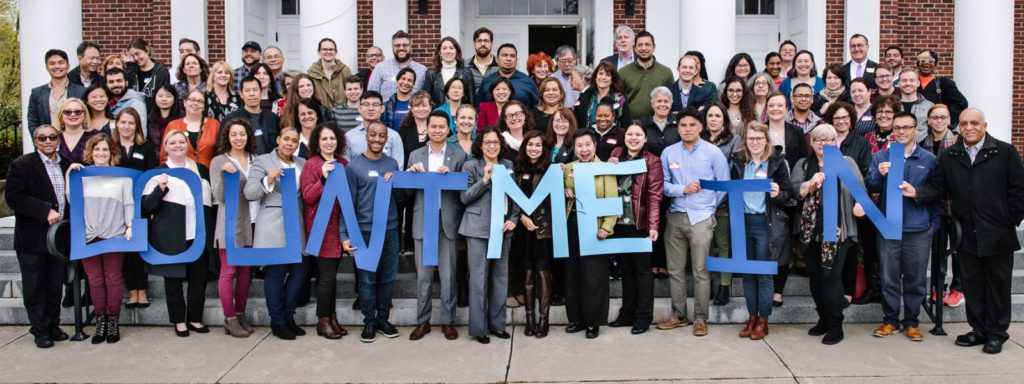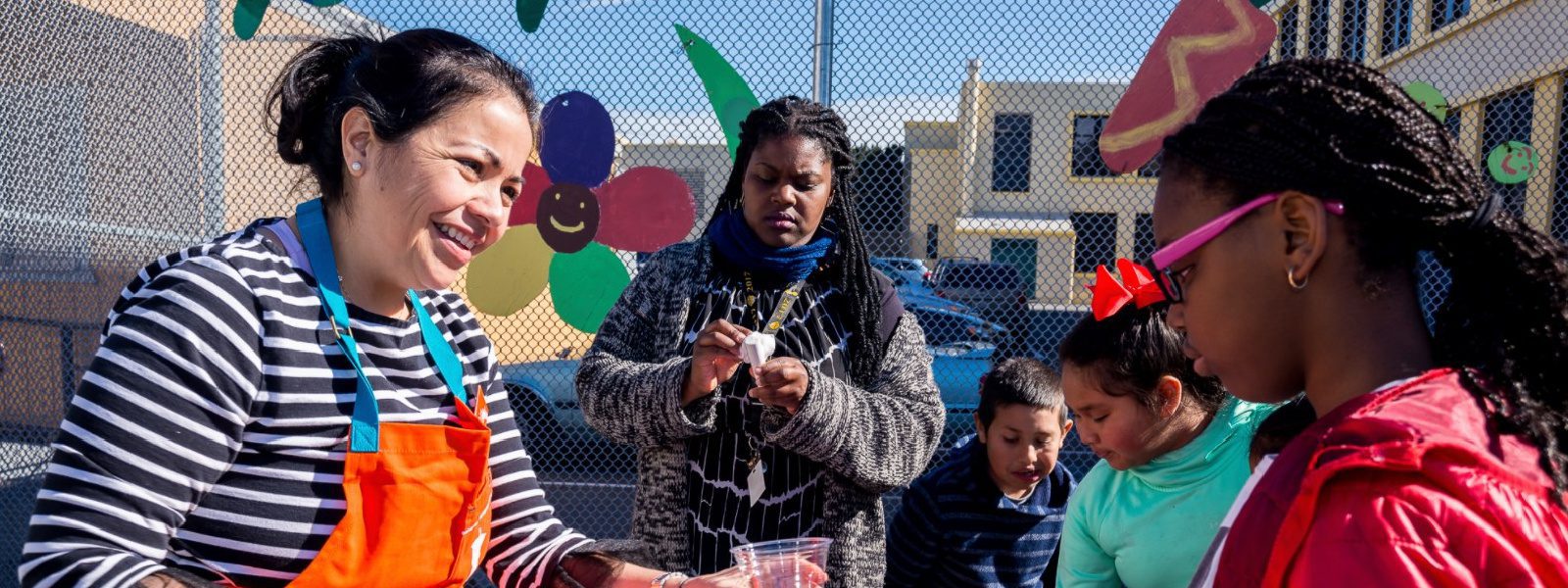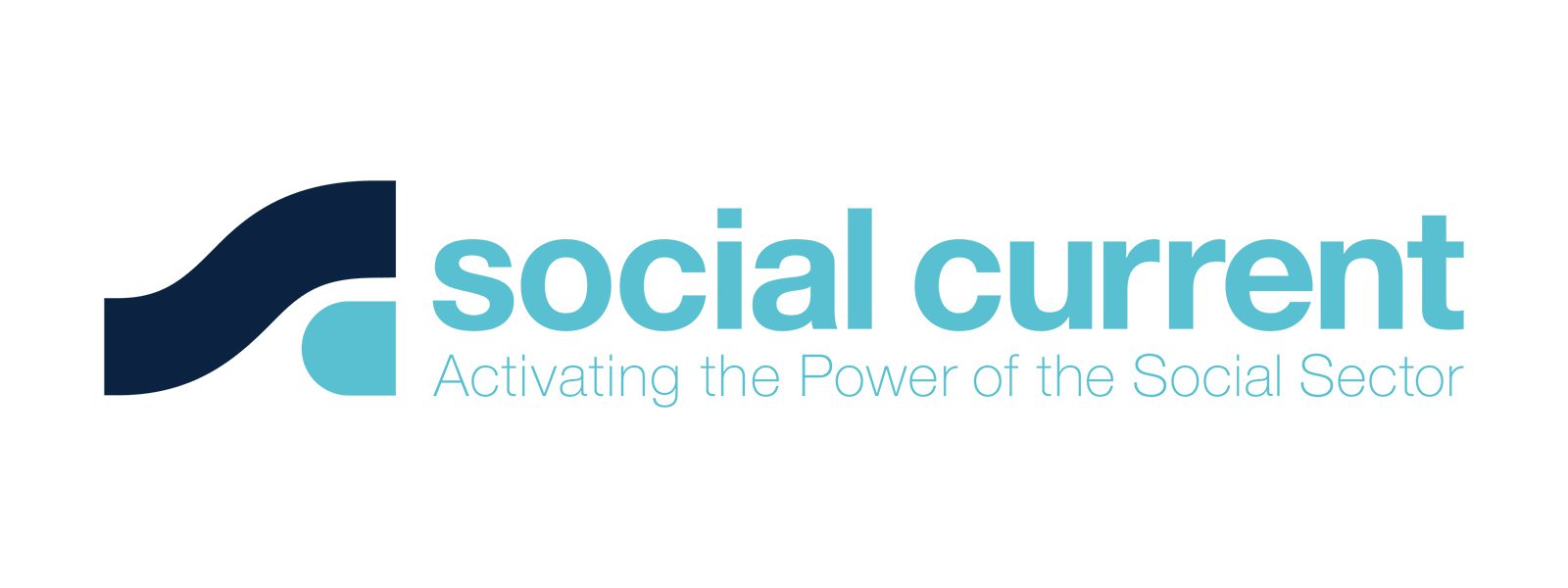Massachusetts Voter Table was formed in 2011 to build power among the “New American Majority” – people of color, working-class communities, young people, and new citizens. As a new Independent Sector member, Massachusetts Voter Table is committed to a long-term organizing strategy that advances a vision of a more equitable and sustainable society with a strong focus on civic engagement.
We spoke with Beth Huang, Executive Director of Massachusetts Voter Table, to learn more about their work.
IS: What is your organization’s mission?
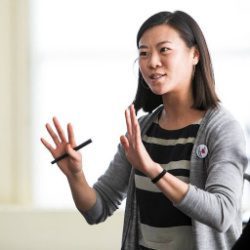
Beth Huang
BH: Our mission is to increase civic access, engagement, and representation. We namely want to increase resources and power for people of color, immigrants, and low-income people in our democracy.
IS: Tell us about your organization’s areas of interest, the communities you serve, and how your work relates to the goal of a healthy nonprofit sector so that everyone can thrive.
BH: Every day, I have the amazing honor of working with community-based organizations that are really networks of trusted leaders in many communities across Massachusetts. Our end goal is to have the capacity and muscle for these networks of trusted leaders to reach out to their neighbors, understand the community needs, and figure out what can be done about these needs.
Year round, we work with these community-based organizations to increase civic engagement and in particular increase voter participation, especially in BIPOC communities.
Like many other nonprofits, Massachusetts Voter Table believes in the importance of building civic leadership and advancing civic engagement by providing the tools and training to trusted leaders of organizations.
IS: As an Independent Sector community member, what are you looking forward to that will help your organization better achieve your mission and serve your community?
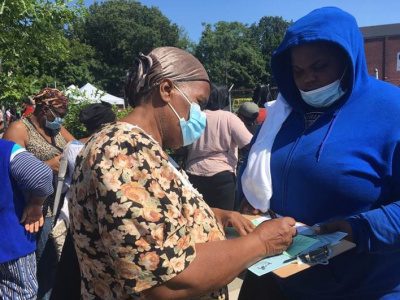
Photo courtesy of Massachusetts Voter Table
BH: I’ve been community organizing for 12 years now and what I have learned is that relationships matter. I have learned that the ability to build trust and deepen relationships is what fuels any type of organizing, it doesn’t matter what context we are in.
I think being an Independent Sector member means building relationships with a large group of stakeholders. Everyone has a stake in how our democracy functions, and everyone has a stake in increasing the civic engagement and leadership of everyday people. The reason why Massachusetts Voter Table is excited to be an Independent Sector member is to help grow and deepen the network of people we’re committed to helping by increasing civic leadership and engagement of everyday people.
IS: What are some of your organization’s core or special programs?
BH: There are three major components in what allows us to maximize capacity of community-based organizations and civic engagement. The components are field, data, and resources.
The first component is field, which describes how we build the people power behind the types of neighbor-to-neighbor outreach. Who are the trusted leaders and what training do they need? How are they planning to reach out to people? Is it door to door, community events, or phone and text outreach to reach people? The field is all about training, canvassing, and one-on-one outreach that develops the relationships within communities and neighborhoods.
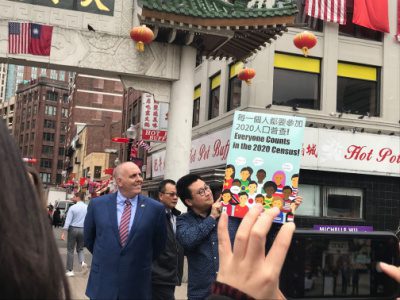
Photo courtesy of Massachusetts Voter Table
Next is data. We provide access to information about registered voters to community-based organizations. Many organizations have their membership list and ally list, but it can be hard for them to reach a broader public in a targeted way. We provide information about registered voters that enables community-based organizations and their trusted leaders to target a more specific group of people. We provide a large amount of information to organizations to conduct their base building and organizing in strategic ways.
The third and final component is resources. Equity isn’t free and it isn’t cheap. The cheapest way to run a field campaign is to hire current or “straight out of college” students, place them in certain neighborhoods, and tell them to tell members of those particular communities that they should vote between Labor Day and election day. That type of air drop model doesn’t build long-term effectiveness. It may get someone good elected, but unless there’s a real base holding that person accountable and pushing the person to be responsive to the communities that elected them, that leader will not be focusing on their campaign promises.
If we really want to build an equitable and deeper democracy, it means investing in leaders that are on the ground, instead of finding the cheapest and easiest way to do something. What we do is raise funds and regrant funds for community-based orgs to conduct these civic engagement operations.
IS: Independent Sector brings together a diverse community of changemakers to strengthen civil society and ensure all people in the United States thrive. How does your work intersect with Independent Sector’s mission and our member organizations?
BH: We’re all about bringing together a set of changemakers locally, so I think there are many ways to bring change in our sector. We all can get stuck in our bubbles — everyone has their own nonprofit jargon and ways of doing things, but ultimately, we need to get out of our bubbles and talk to people in communities across the country.
The change isn’t going to happen in our conference rooms or zoom squares, but when there is transformative culture change at the ground level. I also think everyone at Massachusetts Voter Table is rightfully interested in diversity, equity, and inclusion. DEI requires deep investment in communities — a shift in power from people who have historically had power, such as white people, wealthy people, homeowners, and so on. What we’re really interested in doing is increasing voter participation among people who have historically been marginalized. We are eager to learn other approaches that we can incorporate to ultimately make transformative change.
IS: Independent Sector focuses on collaborating with individuals and the nonprofit sector to create a healthier sector and racially equitable and just nation. Tell us about aspects of your work that help support or advance these objectives.
BH: We cannot achieve equity without a shift in power. We cannot have diversity, equity, and inclusion that doesn’t change who makes decisions in our organizations, the public sector, corporations, and so on. That is a deeply uncomfortable process and often doesn’t happen in a short period of time.
Everyone has a role to play, so that’s why being part of Independent Sector is interesting to us. We have a diverse group of leaders in our network who are dedicated to making change, so I believe exploring how making change is connected to shifting who has power and a seat at the table are things that Independent Sector raises and that we also prioritize raising.
Learn more about Massachusetts Voter Table. The top photo is courtesy of Massachusetts Voter Table. Learn about other Independent Sector members and becoming a member.
